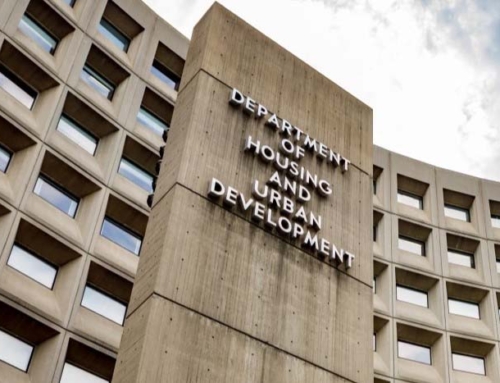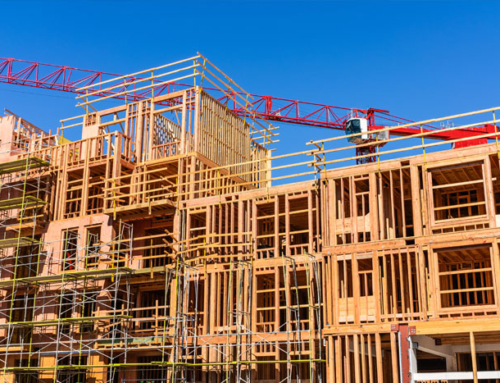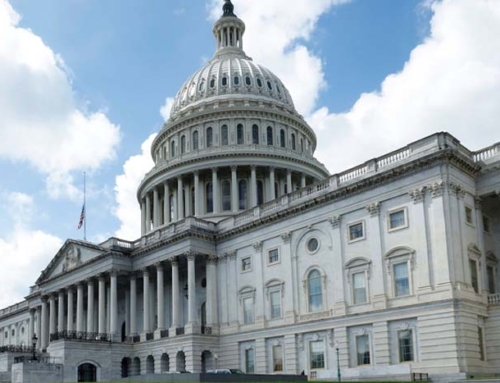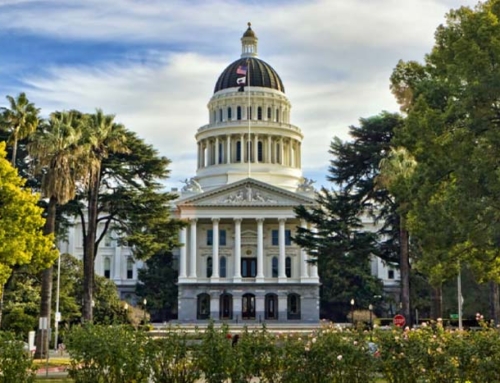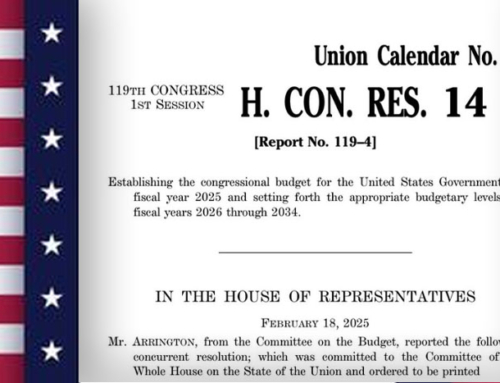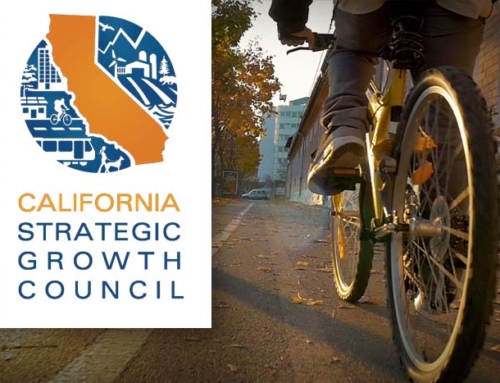Following multiple continuing resolutions and budget negotiations, congressional leaders finalized the Transportation, Housing, and Urban Development budget (THUD) for fiscal year (FY) 2024 in early March. The final spending bill provides HUD programs with $70B, 11% more than the previous year’s enacted levels. The final enacted levels represented tradeoffs within the housing and homelessness sector to address funding constraints.
The budgetary process faced multiple funding challenges this year. Funding for domestic programs, including affordable housing and homelessness programs, was severely limited by the Fiscal Responsibility Act (FRA) enacted in June 2023, which capped overall spending for domestic programs at approximately FY23 levels and limited spending increases in FY25 to only 1% in exchange for raising the federal debt ceiling until 2025. Congressional leaders additionally negotiated a $69 billion side agreement to help bolster spending for domestic programs. At the same time, the Department of Housing and Urban Development’s (HUD) budget for FY24 was under additional strain due to higher-than-expected renewal costs for vouchers caused by the increased cost of rent in communities nationwide and lower receipts from the Federal Housing Administration, which typically offset the cost of HUD programs.
In a notable win for advocates, the final spending bill increased resources for the Housing Choice Voucher (HCV) program by 6% over the previously enacted levels to $32.4B, a funding level higher than proposed by the House and Senate. This funding level would enable the renewal of all existing rental assistance contracts and the expansion of rental assistance to an additional 3,000 households. Additionally, the Homeless Assistance Grants program, which supports people experiencing homelessness through a wide variety of service and housing interventions, was provided an 11% increase in funding from FY23-enacted levels to a total of $4.05 billion. Out of the increased funding, $2.5M was set aside for direct technical assistance to communities that are leveraging other funds, like Medicaid, to connect individuals experiencing homelessness to housing-related services and behavioral healthcare, and $100M in one-time awards was set aside under the CoC program for new construction, acquisition, or rehabilitation of new permanent supportive housing.
Funding for the Community Development Block Grant (CDBG) program, flexible funding that can be used by localities for infrastructure, housing, workforce development, and human services, with a particular focus on low and moderate-income populations, remained steady, although earmarks increased. Within the Community Development program, $100M was set aside for the PRO Housing (Pathways to Removing Obstacles to Housing) competitive grant program to encourage jurisdictions to adopt more inclusionary zoning practices, a 15% increase over the previous year.
Unfortunately, one of the key housing funding programs for states and localities, the HOME Investments Partnerships (HOME) program, had its funding cut by 15% to $1.3B. This funding level will still lead to the construction of more than 7,000 new rental and homebuyer units but will likely impact state and localities’ housing budgets.
President Biden additionally introduced his FY 2024 budget request, which includes provisions to enhance the low-income housing tax credit (LIHTC), tax-exempt private activity bonds (PABs), and a new $20B Innovation Fund for Housing Expansion to provide grants to states, local communities, tribes, and other entities to expand housing supply, promote homeownership, and lower rental costs.
The 1974 Budget Act calls for the President to submit his budget request by the first Monday in February and for Congress to agree to a concurrent budget resolution by April 15th. The House may begin consideration of appropriations bills on May 15th. The practical deadline for passage of appropriations is October 1st when the next fiscal year begins, and the previous appropriation bills expire. However, these deadlines are not enforceable, and over the past few years, Congress has enacted multiple continuing resolutions to extend this timeline.
© LeSar Holdings/LeSar Development Consultants. All Rights Reserved. Please be advised that any republishing of copyrighted material provided by our organization, in whole or in part, requires prior written authorization. For permission, please reach out to [email protected]. We appreciate your understanding and compliance in upholding copyright laws.





